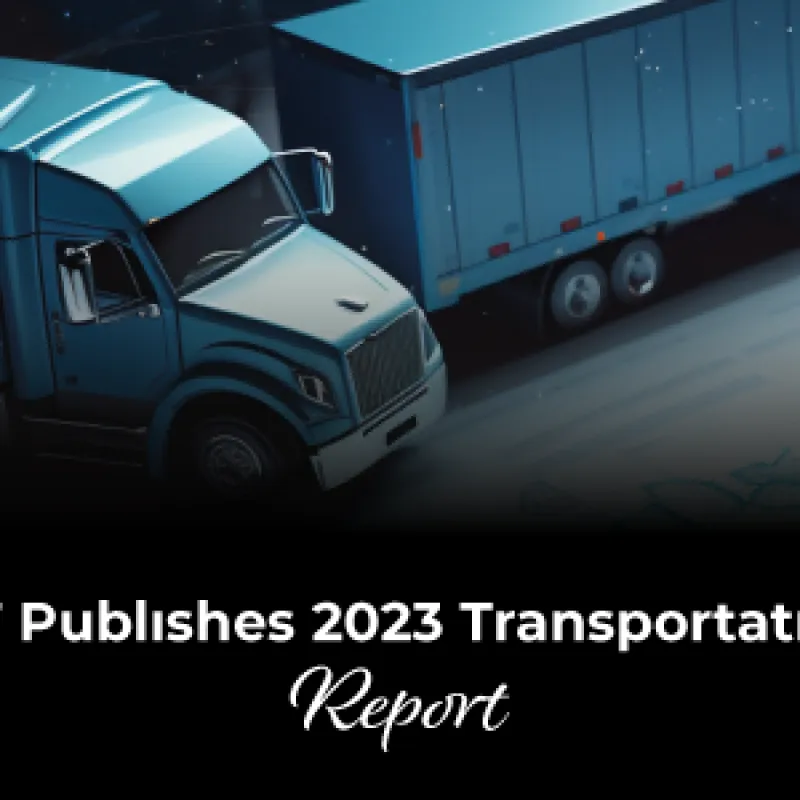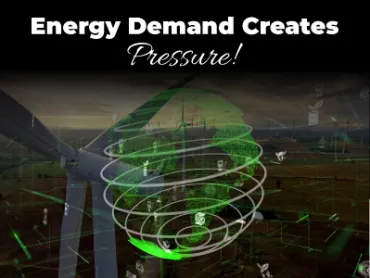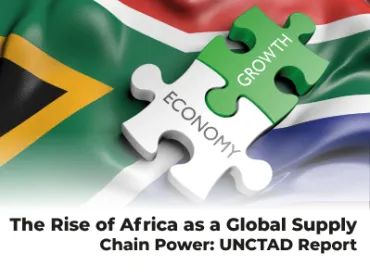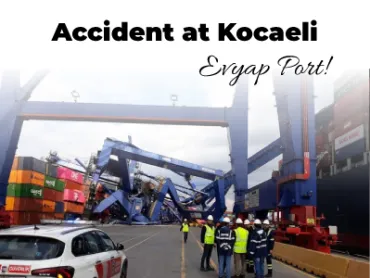By 2030, the logistics industry, expected to be a global actor in sustainable development goals, published the International Transport Report to support a cleaner and greener transportation approach. The report, published every two years by ITF (International Transport Forum), discusses the future of the transportation sector and modes for the period until 2050.
Population, the most critical factor affecting transportation today, is estimated to reach 7.7 billion today, rising to 8.5 billion in 2030 and 9.7 billion in 2050. By 2050, Africa is expected to be the continent with the highest population growth, followed by India, Pakistan and Indonesia. By 2100, 40% of the world's population is expected to be in Africa. As such, the leaders of the transportation sector are constantly trying to develop sustainable service policies in response to the increasing population.
When we look at the transportation sector in general, we see that it has undergone a rapid recovery process, especially after the pandemic. Of course, governments have faced the challenge of balancing multiple priorities in fulfilling their climate commitments. One example is that emissions from transportation will fall slower to meet targets in the coming years.
What is the Key to Carbon-Free Transportation?
- To meet the targets of the Paris Agreement, governments must first improve vehicles and the fuels that power them.
- Incentives should be targeted for zero-emission road vehicles while restricting access for high-emission vehicles.
- Establish and effectively utilize public charging infrastructure for faster adoption by people.
In addition, the goal should always be to develop sustainable transportation policies for clean fleets. Electric vehicles are one of the first demands of customers, especially with the increase in corporate fleet leasing services in recent years. For this reason, under the leadership of international companies, electric vehicles have started to be used much more in fleets.
Investing in the Future with Carbon-Free Transportation
Many benefits can be achieved through decarbonization. The total fundamental infrastructure investment needs for a sustainable transport system - roads, rail, airports, and ports - are 5% lower than current policies. There should also be significant investments in support infrastructure to decarbonize transport—for example, a network of charging points, electrification of vehicle fleets, etc. Thanks to different policies, this network will require additional investments equivalent to only 0.4% of global GDP in 2019-2050.
Given the data in the report, a decarbonized transportation structure will not only reduce excess energy consumption. It will also be necessary for navigating new crises that may arise in the future.




 Back
Back









